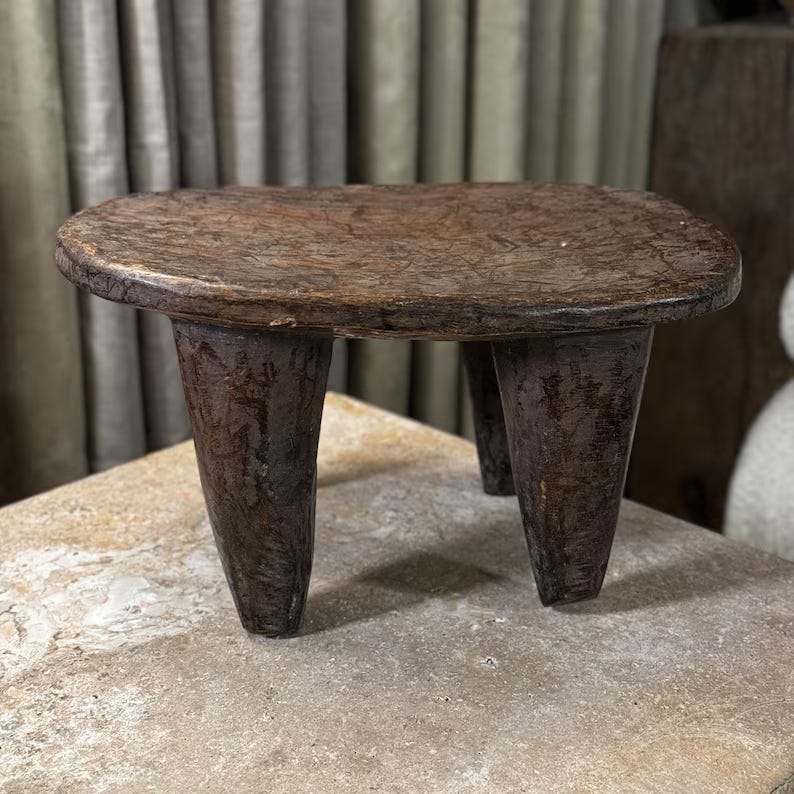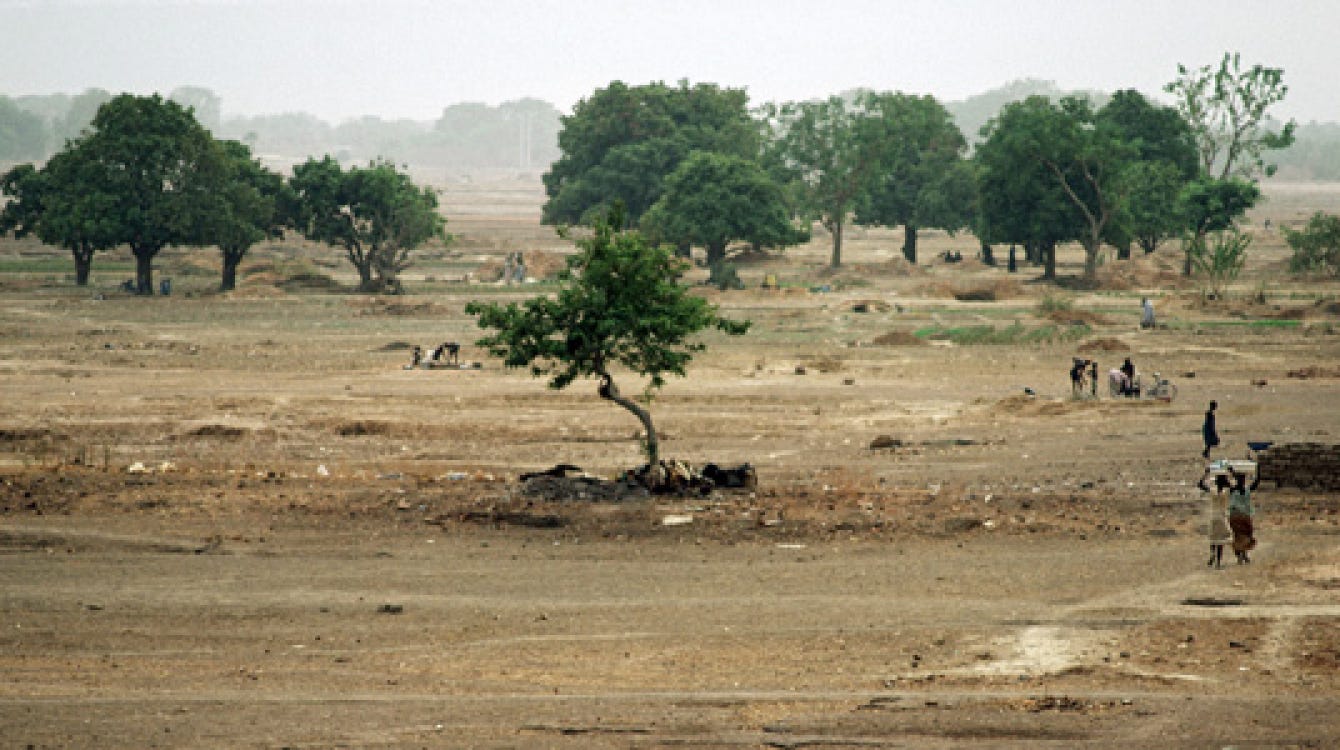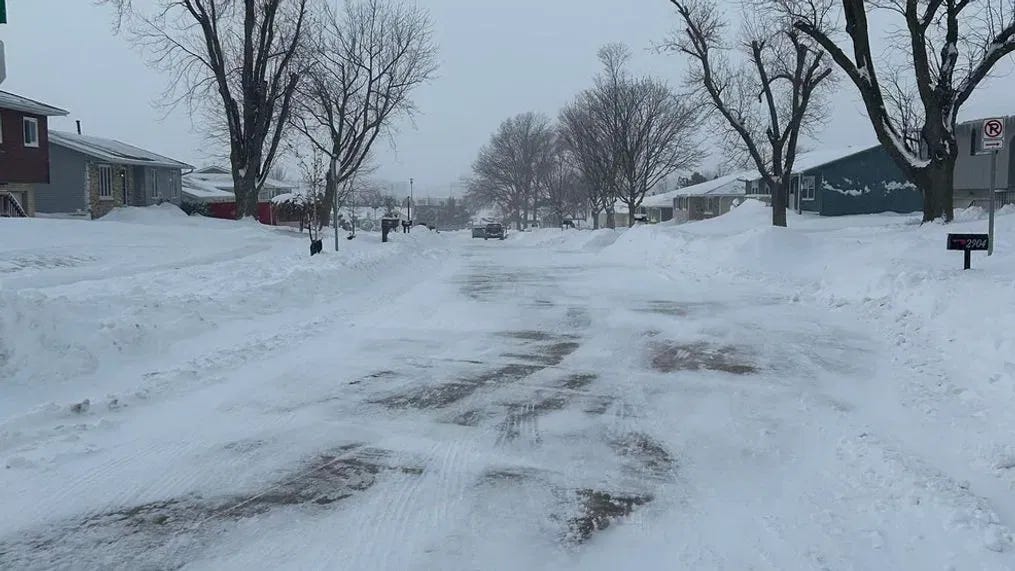We’d sometimes only have a bike path to follow in our late-90s Toyota Hilux pickup. Most Sundays of my childhood were spent driving into a landscape void in the outer reaches of the Sahel region of West Africa to visit remote churches—some of which had only been planted months earlier. My parents partnered with the national Assemblies of God of Burkina Faso to open churches where there were none. Most of the time the church was a thatched pagoda. No walls, just gnarly, unfinished posts fashioned from tree trunks, and dried savannah grass piled on a wooden grid overhead. Sometimes there wasn’t even that. The shade provided by a mango tree was the alternative. Because I was the white boy, they’d offer me a 6x12-inch stool to sit on.
Those Sundays were long. Travel-wise, for sure. But we’d also just sit there for what seemed like an eternity. Time didn’t exist in the wilderness, so church would simply start when people showed up. And they wouldn’t start getting there until word spread that the white people and the national church pastor had arrived. After a three-ish-hour service, they’d start preparing a meal. I remember the reality-check I’d get when long after church was over, I’d see a couple of kids chasing down a chicken. That meant they hadn’t even started cooking yet, and I was going to be very bored for a very long time.
I don’t remember when it was or where I was, but late in my childhood my father said out loud—whether it was to me or I just happened to overhear, I can’t recall—that all that time we spent just waiting was itself a ministry, a generous act of love. All those hours of swatting bugs, dreading the hairy meat that I’d inevitably be served (because that was the best part), and watching the sun run its long equatorial course was a gift I had been blessed to give in years past.
My father didn’t give any biblical or theological rationale for his claim, but I remember thinking that this made sense with the Jesus I’d gotten to know. The Lord spent a lot of time with people, and sometimes it seems like it wasn’t for any particular reason, other than he just sat around waiting. We don’t get a line like, “and Jesus waited for a few hours for people to show up,” but if you pay attention, it’s there between the lines of Scripture. We know from Luke 8 that women took care of Jesus out of their own means. Perhaps Joanna the wife of Chuza and Susanna cooked meals for him. I wonder if he ever felt a pang of dread when, having noticed his stomach growl an hour earlier, he just then saw a neighborhood kid failing miserably to corner a chicken for the catch.
I’m glad I learned this lesson before I entered full-time vocational ministry because being a pastor is a lot of just waiting around. I say “just” to emphasize how meaningless the time can seem, but it’s anything but. Sitting in hospitals, talking with the homeless people who come knocking on the church door when you’re the only one there (inevitably to have a conversation about all their life’s problems), and waiting for parents to pick up their kids from youth ministry have all been “time-sucks” in my pastoral life. What a privilege to have my time wasted! (I mean it).
In early 2020, I drove from Iowa City to Cedar Rapids to visit a congregant who had moved there to find affordable housing. It’s about a 40 minute drive one way. He was severely ill and was living there by himself, so he was in a tough spot. I stopped on the way to get him some groceries, and then sat with him for a while. I prayed with him before making my way back. By the time I’d eat grabbed a bit of lunch and driven back to Iowa City, it was almost time to pick my son up at school. My whole day had gone, and my to-do list was still waiting for me.
It turned out this gentleman was one of the first covid-19 patients in the county, and I’d been exposed. The public health department called me and asked me to isolate for two weeks. It was a real bummer. He almost died—it was only a ventilator and the incredible grace of God that prevented that outcome. I, on the other hand, never experienced a symptom. And that’s how I first found out that I would never experience covid-symptoms (I haven’t to this day). I say all of that to point out that I “wasted” my time, but it turned into the revelation of a double miracle: his healing, and my immunity.
It’s dangerous to instrumentalize everything we do. We shouldn’t want to only ever do things because we perceive potential benefits to doing them. “Altruism” is the word we use to describe doing good things just for the sake of doing good things, regardless of the real or perceived benefit (or detriment) to ourselves. Nevertheless, I’m convinced that we can all be surprised at the blessings of wasting our time on one another. It’s a ministry of just being there.

The beauty of this gift is that it’s not the privilege of the ordained. Anyone can waste their time on others and so have a ministry. But for the pastors out there, it’s important to remember that it can be particularly meaningful when we waste our time on others. That’s because people often know we probably have better things to do. We have other intellectual, spiritual, fiscal, and leadership gifts to give. It becomes a special blessing to receive the gift of time when time could be spent elsewhere doing materially more constructive things.
My prayer is that the church is a place where we all learn to waste time on one another by just being present. It’s good for pastors to lead the way to that end.







Upon reading the title this image popped up in my head.
https://www.tvguide.com/a/img/catalog/provider/1/2/1-7560110691.jpg
In some ways, the remarkable story of Chance the gardener (Chauncey Gardiner) is tied in with the theme of your essay. Being there wasting time for others. This he does brilliantly.
Your childhood memories are fascinating but brief. If you have not you should write a book about your early days in the Sahel (a new word for me). As a child in Cuba, I knew thatched dwellings in the middle of nowhere. We call them "bohíos." It did not surprise me that the pièce de résistance in your meal was a piece of hairy meat. I have not so fond memories of eating similar delights under a mango tree. I ate so many mangoes in my childhood, I cannot stand them now.
The Mishnah and Tosefta came to mind also as far as the purity of foods Jesus would it. Jesus may have eaten chicken, as it is a "clean animal" for the Jews, but I suspect it was not often. I know he ate fish, according to the Gospels. Bue even fish was not always plentiful. This brings me to Joanna and friends. They show up in The Chosen, a television series you may know. They helped and assisted Jesus through their means. I had to do some research to clarify the notion, as Jewish women depended on men.
Waiting for anything can be joyful but it can be terrible. Waiting for time can be both, as evidenced by the film "Waiting for Time", a true story of courage and resilience under the most horrendous conditions.
https://en.wikipedia.org/wiki/Playing_for_Time_(film)
I thought of the Italian phrase and a national philosophy, "Il dolce far niente" (the sweetness of doing nothing). Waiting for a meal or waiting for the show to go on are blessings. Waiting alone is not a good thing. Waiting with people is essential. I venture to give you an article "We Wait For Jesus; Jesus Waits For Us" by Garrett Kell. Hebrews 10:12-13
I enjoyed reading this and I'm passing it on. Bravo!